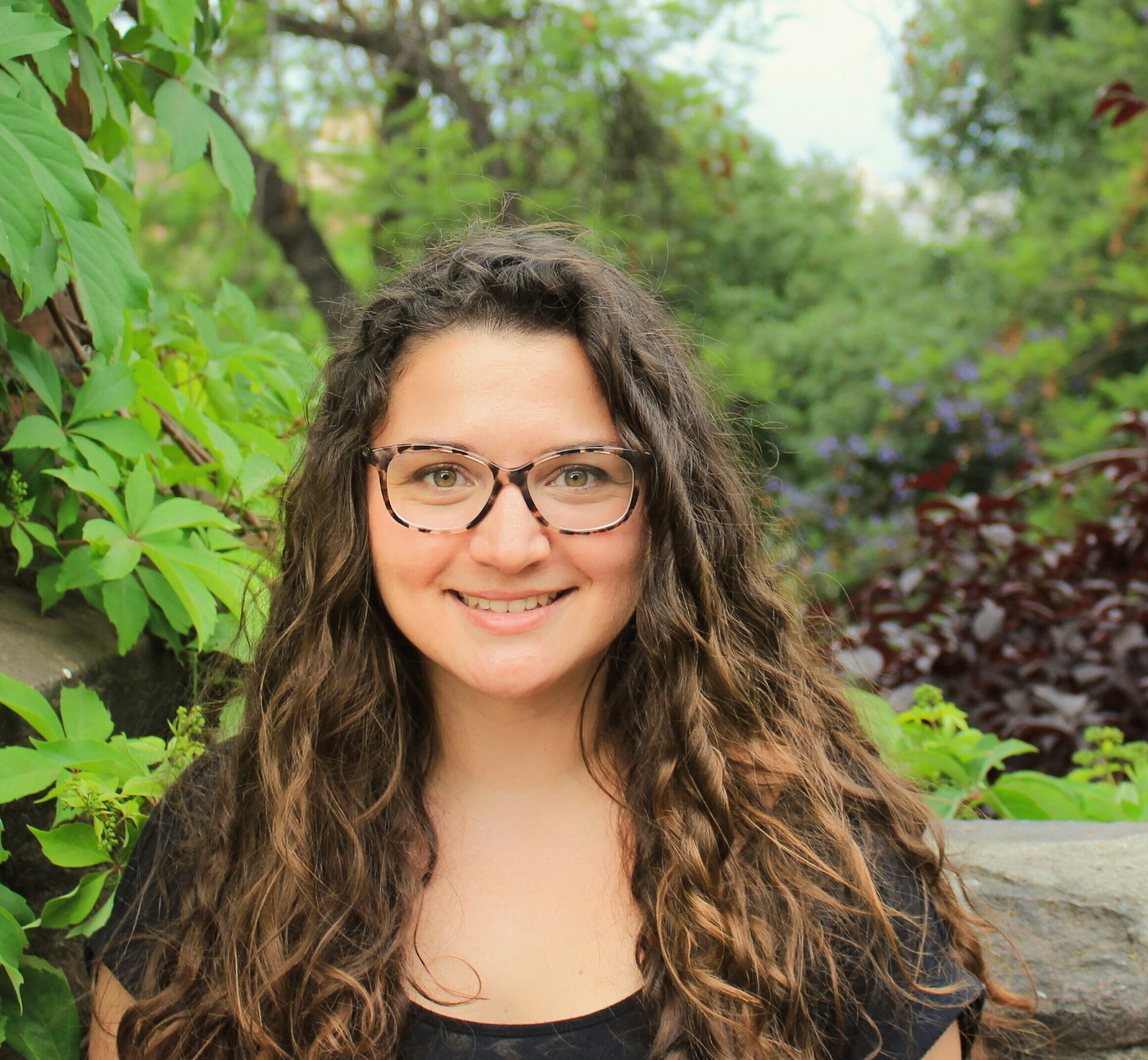By Macarena Tejos Bravo, Biochemist, MSc. in Pontificia Universidad Católica de Chile
Dr. Sergio Quezada’s interest in science developed during his childhood, as is the case for many scientists. Additionally, the great opportunity to live abroad at an early age allowed him to face important challenges, such as language and cultural barriers. These experiences enriched his childhood and were key motivators in his life decisions.
His interest in immunology stems from one of his undergraduate professors and mentors at the Pontificia Universidad Católica in Chile. This professor was one of the first to recommend Dr. Quezada to pursue graduate studies abroad since he saw a great potential in his ideas. This is how Dr. Quezada moved to the US and started his graduate work at Dartmouth Medical School. A major challenge he describes during this time, and one that many Chilean scientists face when moving to the US is limited fluency in English.
Dr. Quezada moved to Memorial Sloan-Kettering Cancer Center where he developed his postdoctoral studies in the field of cancer immunology in the lab of Dr. James Allison. During this process he describes working very independently thanks to a supportive mentor, who allowed him to develop a project in immunoregulation in cancer. His experiences underscores the crucial role mentors and advisors play in developing the future generation of scientists and the importance of allowing emerging scientists to work and develop independent thought and projects.
Currently, Dr. Quezada leads a laboratory in the University College London Cancer Institute in the United Kingdom. He describes his research as being very translational, at the intersection of basic science and clinical studies, which he believes are key to the development of new drugs and therapies against cancer.
From his story, I gathered that Dr. Quezada’s “Camino en Ciencia” was marked by important friendships who have become his collaborators in the present. Key highlights of Dr. Quezada’s pathway are 1) its important to be open to meet new people and gather new ideas in the sciences 2) promoting interdisciplinary collaboration and teamwork leads to innovative solutions 3) Don’t be afraid to pack up and follow your passion. Together his lessons are crucial for developing new opportunities and advancing science in the future.

